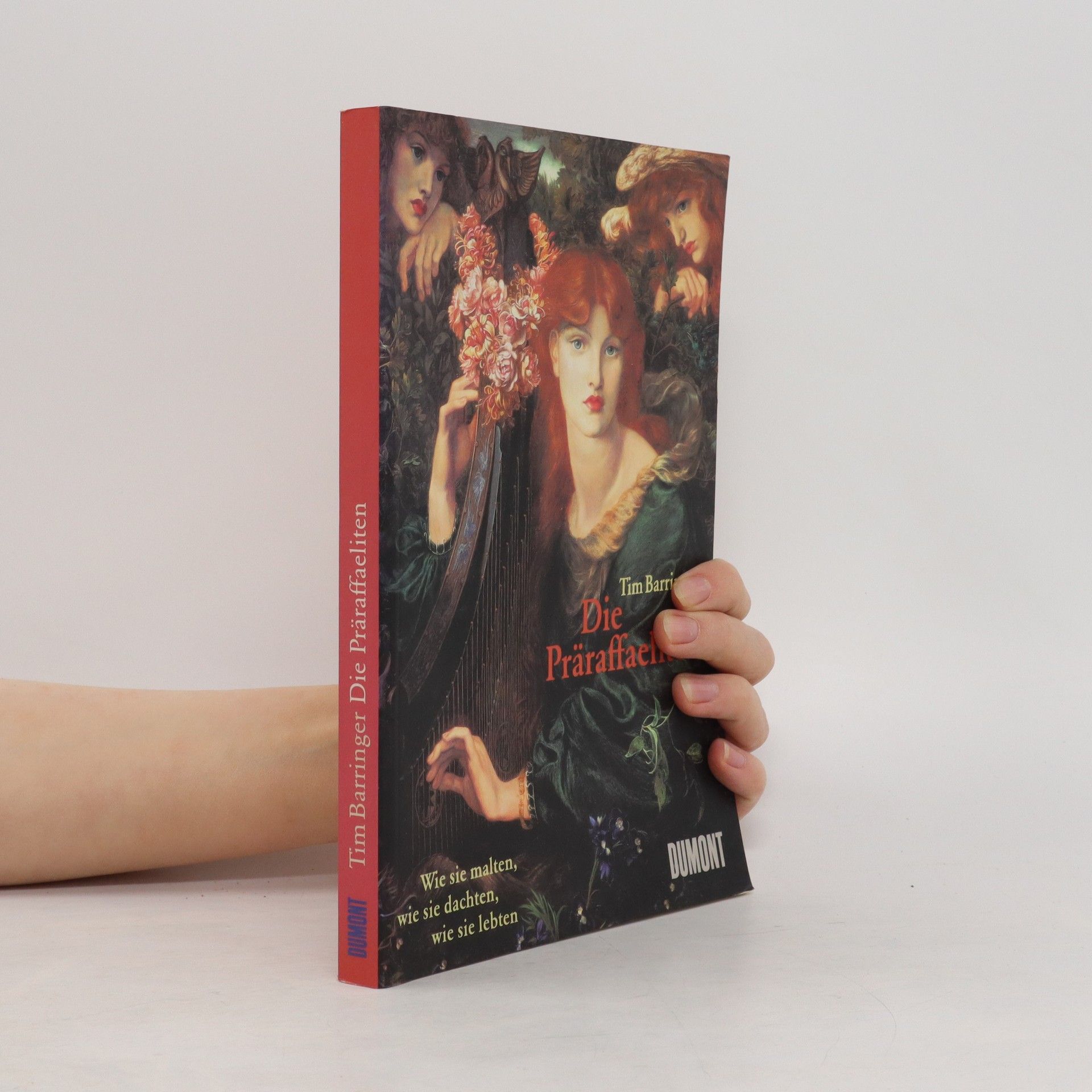Reading the Pre-Raphaelites
- 192 páginas
- 7 horas de lectura
Noted for its vivid colours, elaborate use of symbols, and dedication to close observation of the natural world, the work of Pre-Raphaelite artists combines a deep engagement with the past and a modern realism that exemplifies the concerns of the age of steam travel. This survey traces the history of the Pre-Raphaelite movement.


